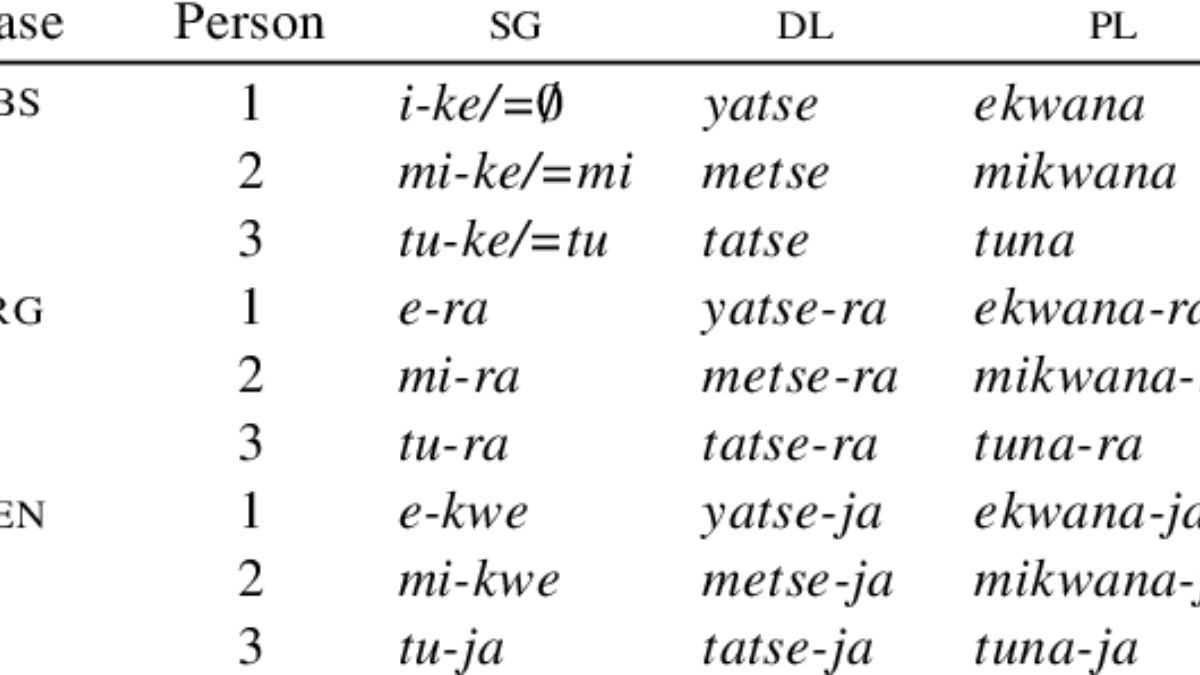In this blog post, we’ll dive into what exotic pronouns are, their importance in today’s world, how to use them correctly, and why respecting someone’s chosen pronoun is crucial for fostering an inclusive environment. Get ready to broaden your perspective on personal expression as we navigate this fascinating spectrum together!
Traditional binary pronouns and the limitations they pose
Traditional binary pronouns—he and she—have long been the standard in language. These pronouns reflect a simple categorization of gender that aligns with societal norms. However, this binary framework can be limiting.
People who don’t fit neatly into these categories often find themselves without representation. This lack of inclusivity leads to feelings of erasure among non-binary and gender non-conforming individuals.
Moreover, relying solely on binary pronouns can reinforce stereotypes about masculinity and femininity. It creates pressure for people to conform to specific roles they may not identify with.
Language evolves alongside society, yet many cling to outdated conventions. The need for more inclusive options has sparked conversations about identity, expression, and respect across various platforms today.
The rise of non-binary and gender non-conforming individuals
In recent years, a noticeable shift has occurred in society’s understanding of gender. Non-binary and gender non-conforming individuals are stepping into the spotlight, challenging traditional views. This movement highlights that gender is not strictly male or female but exists along a vast spectrum.
People identifying outside the binary are embracing their truth more openly than ever before. Social media plays a pivotal role in this rise, providing platforms for sharing experiences and fostering community.
As visibility increases, so do conversations about inclusivity and acceptance. Schools, workplaces, and public spaces begin to recognize diverse identities beyond just he or she.
This evolution invites everyone to reflect on their own perceptions of gender. The impact is profound—encouraging authenticity while inspiring future generations to express themselves freely without fear of judgment.
Exotic pronouns: what are they and why are they important?
Exotic pronouns are a fascinating extension of language that reflect the diversity of human identity. Unlike traditional pronouns, they often deviate from the binary norms of “he” and “she.” Instead, they encompass a spectrum designed to honor individual experiences.
These pronouns can vary widely, including options like “ze,” “xe,” or even more personalized choices crafted by individuals themselves. Their significance lies in validation—using these pronouns affirms one’s identity and fosters inclusion.
As society evolves, recognizing exotic pronouns is essential for creating safe spaces where everyone feels seen and respected. Embracing this linguistic evolution encourages understanding and acceptance among diverse communities. It acknowledges that gender is not merely binary but fluid and expansive.
Examples of exotic pronouns and how to use them correctly
Exotic pronouns introduce a creative way to express identity. Some popular examples include “xe/xem,” “ze/zir,” and “ey/em.” Each serves as an alternative to traditional he/she or him/her.
Using these pronouns can be straightforward once you understand the structure. For instance, if someone prefers “xe,” you would say, “Xe went to the store” and “I spoke with xem.”
Another example is “ze,” which might sound like this: “Ze enjoys reading” and in a possessive form, it becomes “That book is zir favorite.”
It’s essential to practice using these pronouns in everyday conversations. Consider asking individuals how they prefer their pronouns used. This simple step shows respect for their identity.
Remember that everyone deserves acknowledgment of their chosen terms. Embracing exotic pronouns enriches communication while fostering inclusivity within communities.
The significance of respecting someone’s chosen pronouns
Respecting someone’s chosen pronouns is about acknowledging their identity. It reflects an understanding that gender is not a simple binary but exists on a spectrum.
Using the correct pronouns fosters inclusivity and promotes acceptance. When we respect these choices, we affirm individuals for who they truly are. This small act can have a profound impact on someone’s mental well-being.
Mistakes happen, of course. However, what matters most is our willingness to learn and adapt. Apologizing sincerely when an error occurs shows commitment to respect.
Additionally, recognizing exotic pronouns helps challenge societal norms around gender. It opens up conversations about diversity and personal expression in ways many may not have considered before.
By embracing different identities through language, we contribute to building a more inclusive society where everyone feels valued and seen.
Challenges and misconceptions surrounding exotic pronouns
Misunderstandings about exotic pronouns often stem from societal norms. Many people are accustomed to traditional pronouns like he and she, making it challenging for them to embrace new forms. This can lead to feelings of discomfort or resistance.
A common misconception is that using exotic pronouns is just a trend. In reality, these choices reflect deep personal identities. Disregarding them diminishes individual authenticity.
Another hurdle is the assumption that everyone should automatically know how to use these pronouns correctly. Learning takes time, and mistakes can happen along the way. It’s essential to approach this learning with empathy rather than judgment.
People often fear offending others when trying out unfamiliar pronouns. However, asking respectfully about someone’s preferred terms fosters understanding and respect. Communication paves the way for acceptance in diverse communities where every identity deserves recognition.
Conclusion:
Understanding exotic pronouns opens up a world of possibilities in communication. They invite us to acknowledge the diverse identities that enrich our society.
Respecting someone’s chosen pronouns fosters inclusivity and respect. It creates an atmosphere where everyone feels valued and recognized for who they truly are.
Navigating this landscape may come with challenges, but education is key. By being open-minded, we can dispel misconceptions and build a stronger community together.
As we continue to explore language’s evolution, embracing exotic pronouns becomes vital. It’s about more than just words; it’s about connection, empathy, and understanding one another on a deeper level.
FAQ’s
What are exotic pronouns?
Exotic pronouns refer to non-traditional forms used by individuals who do not identify with conventional binary gender categories. This includes unique or personalized pronoun sets beyond “he” or “she.”
Are there rules for using exotic pronouns?
Yes, the most important rule is to ask individuals what their preferred pronoun is if you’re unsure. Using someone’s chosen pronoun shows respect for their identity.
Why should I use someone’s chosen exotic pronouns?
Using a person’s correct and chosen pronunciation validates their experience and identity. It fosters inclusivity and demonstrates understanding in social interactions.
Can I create my own set of exotic pronouns?
Absolutely! Individuals are encouraged to express themselves authentically, which can include creating personalized pronominal forms.











